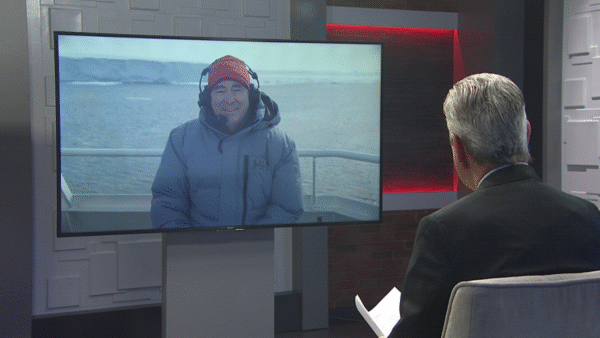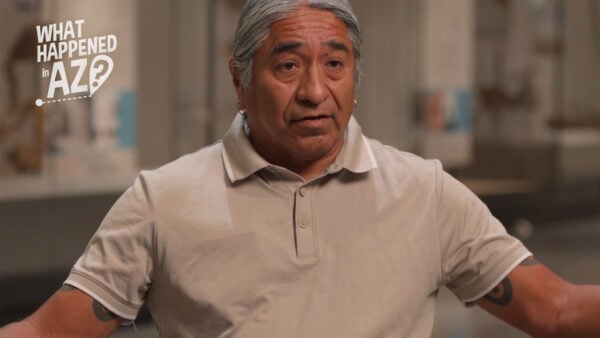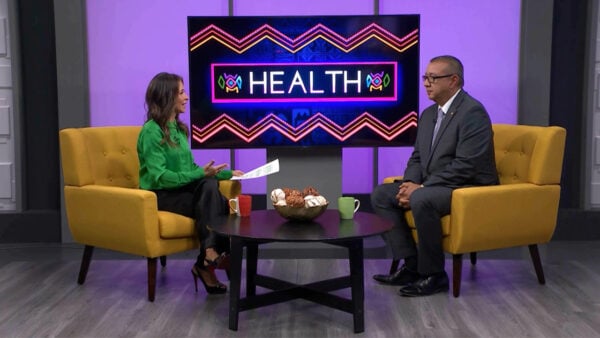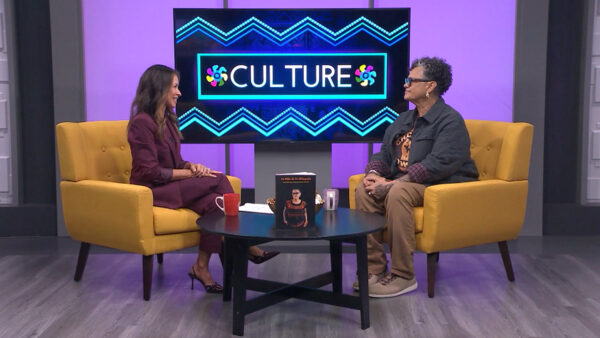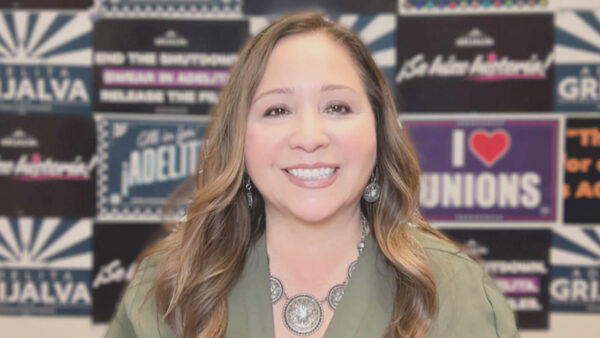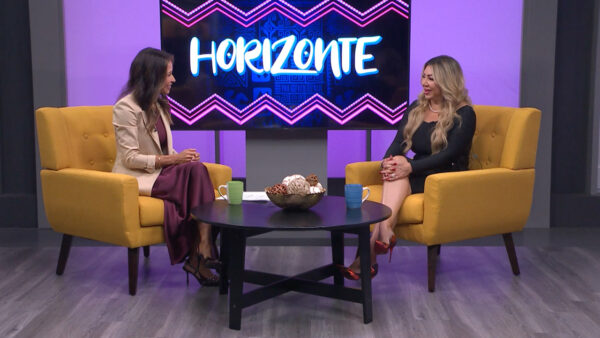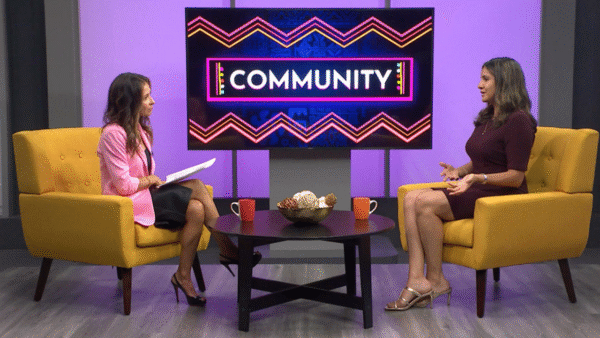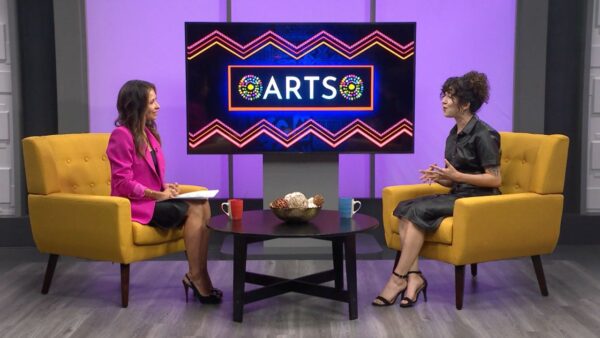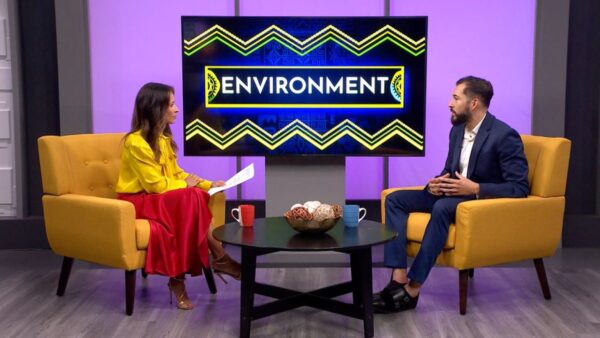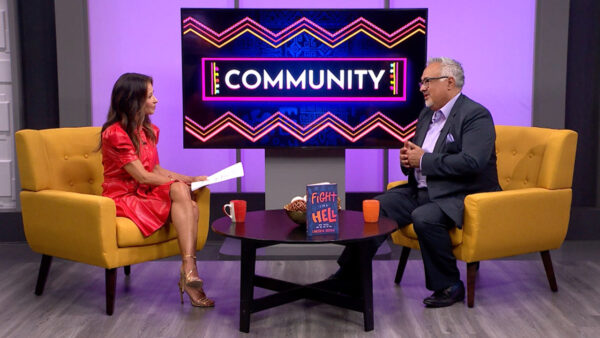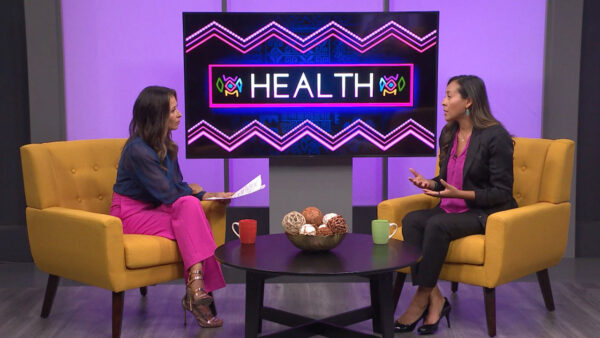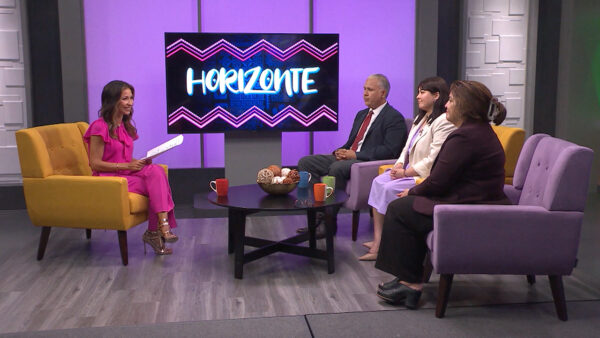Improving mental health and well-being among Latino youth
Nov. 11, 2023
According to a report by Centers for Disease Control and Prevention, suicide rates for youth and young adults have increased 60% in the U.S. since 2011. We spoke with Dr. Daniel Castellanos, Founding Associate Dean for Graduate Medical Education, and Professor of Psychiatry at Creighton University School of Medicine, about the issue.
Historically, Latinos have faced additional barriers when seeking mental health services compared to non-Latinos, and cultural dynamics contribute to Latinos not seeking support.
“Depression rates have gone up,” Dr. Castellanos said. “We also know that Latinos and Latino youth kind of have a whole wealth of health disparities dealt with by teens and their families, such as things like poverty, sub-optimal education, issues with access to appropriate healthcare and mental health services.”
Castellanos said Latinos endure other stressors including, racism, community aggression and violence, and even immigration issues are common.
“Stigma is a big issue, especially in the Latino community, that interferes with not only the recognition but taking the next step of accessing and dealing with our systems of care to get services,” Dr. Castellanos said.
Depression should be viewed as a health problem that needs to be treated, Dr. Castellanos added.
“A parent needs to look at obtaining treatment when that depression gets more severe and or interfering with that adolescent’s function. Suicidal thinking, that’s a flag, and that should alert a parent to think. ‘Maybe I should get my child evaluated,'” Dr. Castellanos said.
Open communication and teaching children coping skills, resiliency, and how to deal with problems form the basis of solutions when issues do arise.
“Depression can occur at any age. Now it becomes more common in youngsters and adolescence. We want to do as many proactive things early to help,” Dr. Castellanos said.
Castellanos said probing and trying to get more information is the key to see what’s going on.
“Asking about thoughts of death and or suicide because that’s a myth. The myth is, people say ‘Oh, if I inquire about it, it’ll put the thought in the teen’s mind,’ and that’s not true. It’s a way of understanding and assessing and hopefully intervening, if that individual is suffering.”
